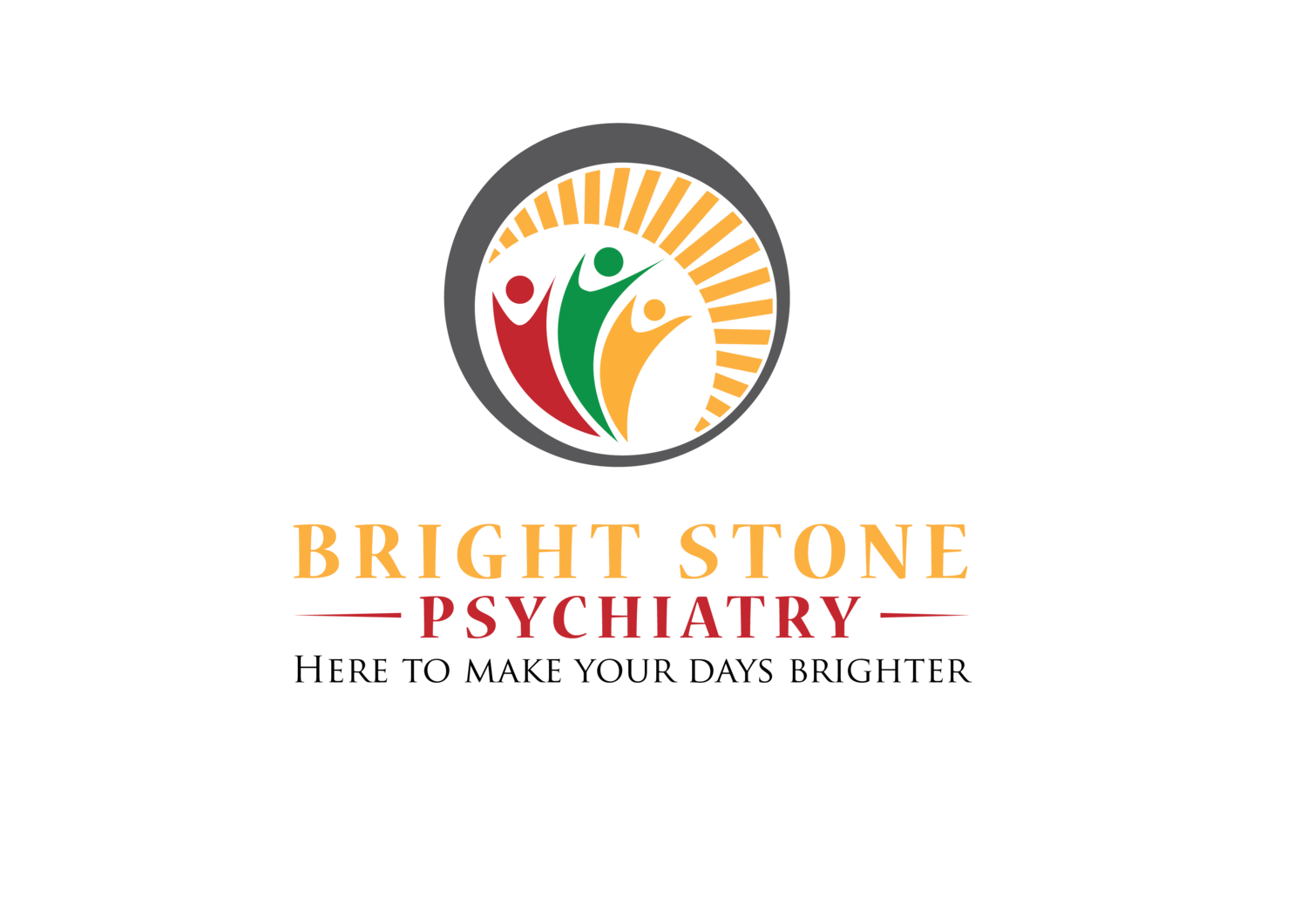Navigating ADHD: How Counseling Can Illuminate the Path to Wellness
ADHD, or Attention Deficit Hyperactivity Disorder, is a neurodevelopmental condition that affects individuals of all ages, impacting their ability to focus, organize, and manage daily tasks. At Brightstone Psychiatry, we understand the challenges that come with ADHD, and we're here to shed light on how counseling can be a valuable resource in managing symptoms and improving quality of life.
Struggling With ADHD - Call Brightstone Psychiatry Today
Understanding ADHD:
ADHD is characterized by a persistent pattern of inattention, hyperactivity, and impulsivity that interferes with functioning or development. While ADHD is commonly associated with children, it can persist into adulthood, presenting unique challenges across the lifespan. Symptoms may vary in severity and can significantly impact academic, occupational, and social functioning.
The Role of Counseling:
Counseling, or psychotherapy, plays a crucial role in the comprehensive treatment of ADHD. By providing a supportive and structured environment, counseling can help individuals with ADHD develop coping strategies, improve self-esteem, and enhance interpersonal relationships. Through counseling, individuals can gain insight into their ADHD symptoms, learn effective communication skills, and develop practical strategies for managing challenges.
Benefits of Counseling for ADHD:
Skill Building: Counseling provides individuals with ADHD the opportunity to learn and practice essential skills for managing symptoms, such as time management, organization, and impulse control. By acquiring these skills, individuals can enhance their ability to function effectively in various areas of life.
Emotional Support: Living with ADHD can be challenging, and counseling offers a safe space for individuals to express their thoughts and feelings without judgment. Through supportive counseling relationships, individuals can explore their experiences, process emotions, and develop resilience in the face of adversity.
Behavioral Modification: Counseling interventions, such as cognitive-behavioral therapy (CBT), can help individuals with ADHD identify and modify maladaptive behaviors. By challenging negative thought patterns and implementing positive behavior strategies, individuals can improve self-regulation and reduce impulsive or disruptive behaviors.
Family Education and Support: Counseling can also benefit family members of individuals with ADHD by providing education about the condition and strategies for supporting their loved one. Family therapy sessions can facilitate communication, enhance understanding, and strengthen familial bonds, fostering a supportive environment for managing ADHD.
Holistic Approach: Counseling complements other treatment modalities for ADHD, such as medication management and lifestyle interventions, by addressing the psychological and emotional aspects of the condition. By taking a holistic approach to treatment, individuals with ADHD can experience greater overall well-being and improved quality of life.
External Links:
CHADD (Children and Adults with Attention-Deficit/Hyperactivity Disorder)
National Institute of Mental Health: Attention-Deficit/Hyperactivity Disorder (ADHD)
At Brightstone Psychiatry, we're dedicated to providing comprehensive care for individuals with ADHD, including counseling services tailored to meet their unique needs and goals. Contact us today to learn more about how counseling can illuminate the path to wellness for individuals living with ADHD.

